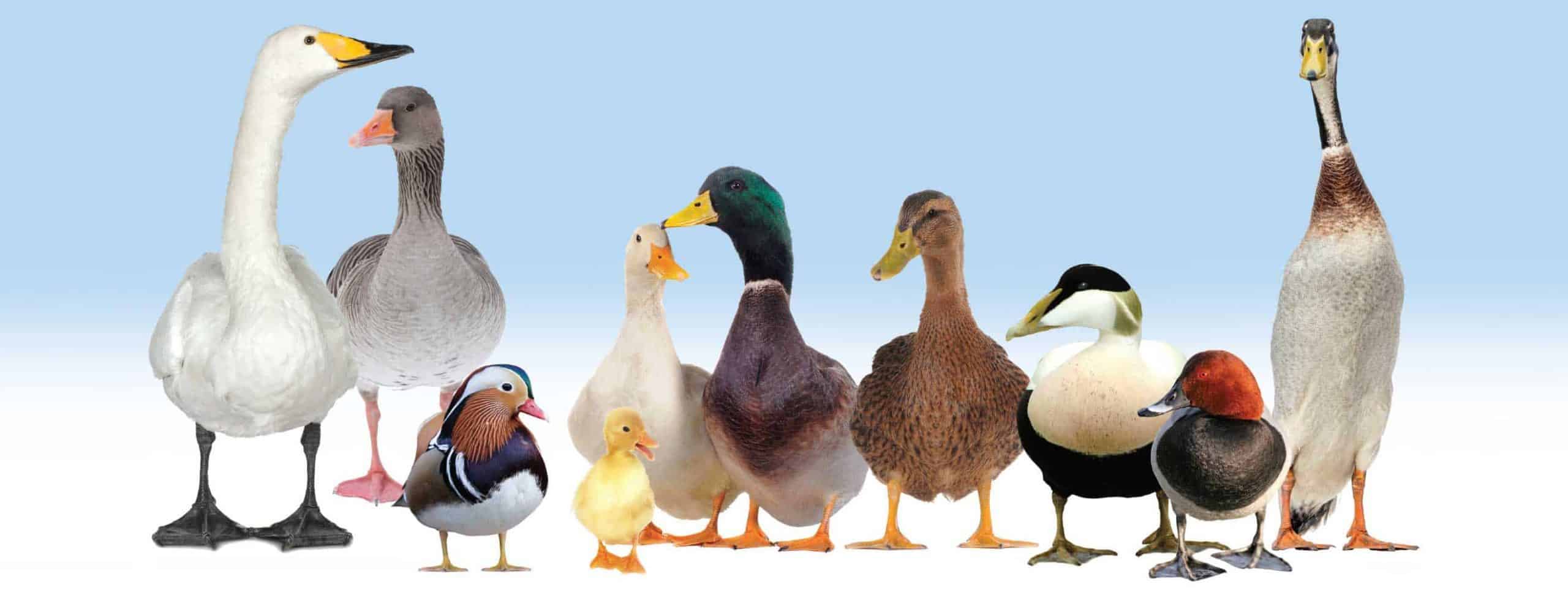Pal-Mates — weekend web tip
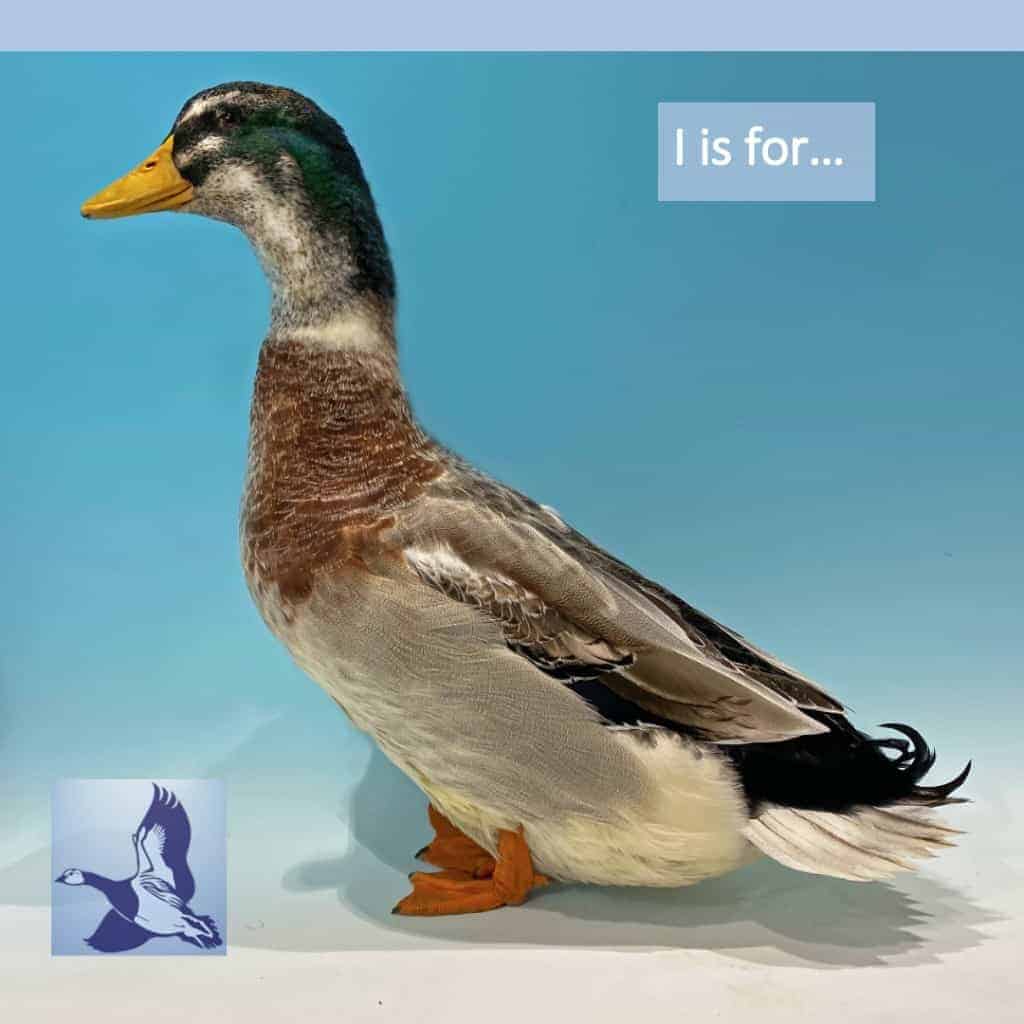
I is for Ixworth. The home of Reginald Appleyard, who developed the Silver Appleyard duck. Well known as a showman and broadcaster in his day, he said: ‘I like to see each bird “on the move,” no matter what the breed; action counts in all stock. The duck which carries herself properly and “goes well” […]
Pal-Mates — weekend web tip
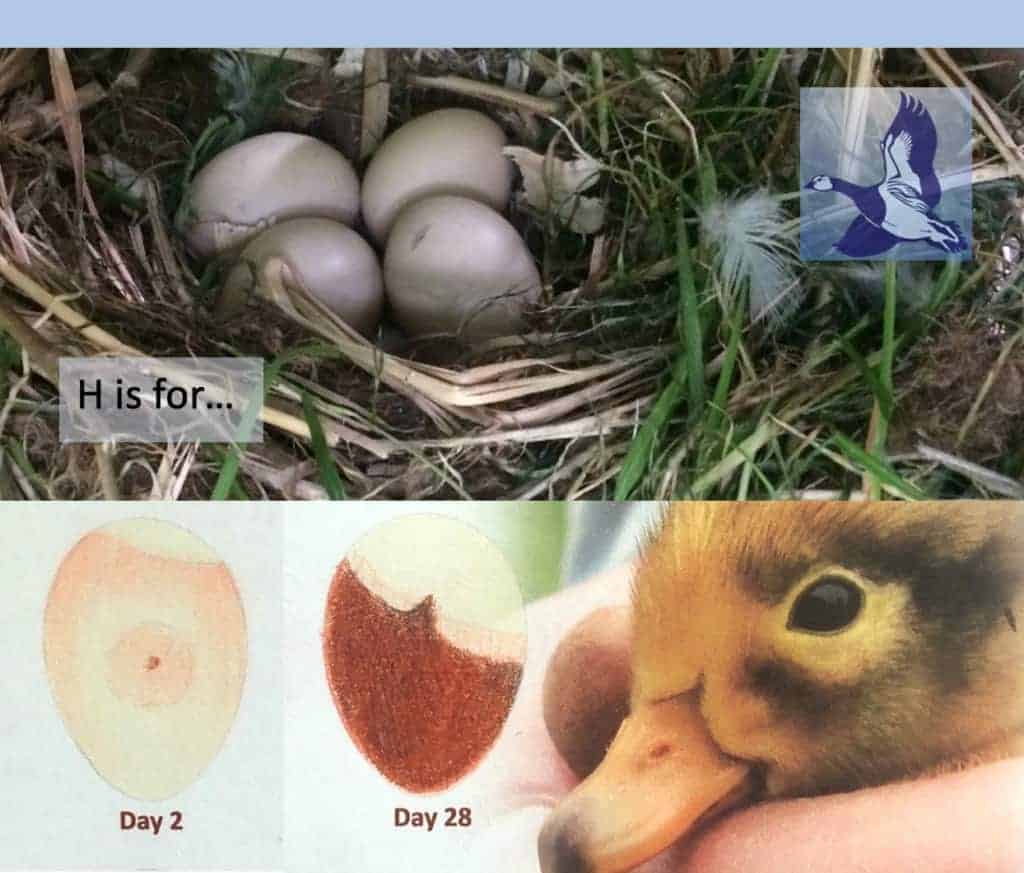
H is for Humidity During incubation, a waterfowl egg should lose about 15% of its weight. In natural incubation, this is affected by nest selection and structure, egg surface, attentiveness of the sittiing bird and ambient conditions. Too much evaporation means a dry chick, at risk of getting stuck to the membrane in the egg. […]
Pal-Mates — weekend web tip
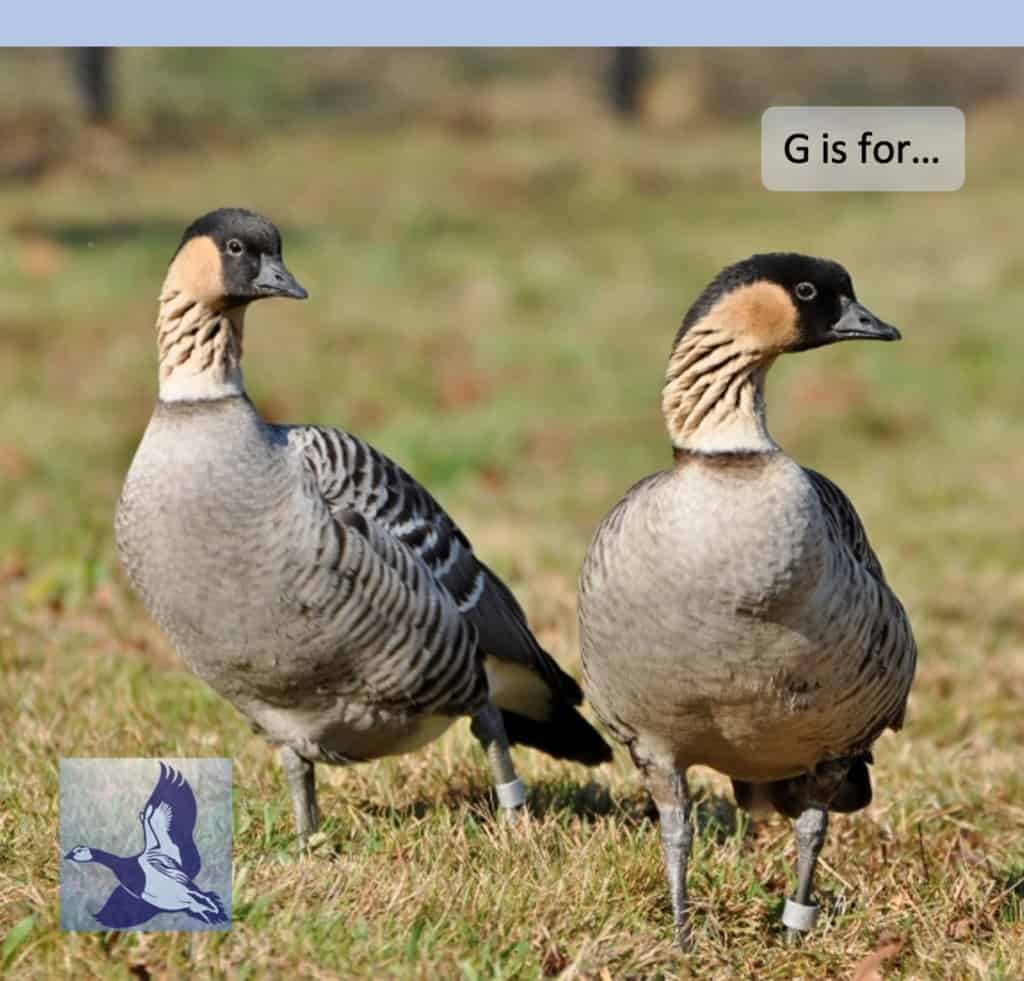
G is for Gravid and for Goose. How can you tell when geese are about to lay? Although body shape of the goose sometimes makes it plain she has an egg on the way, the first signs are often a change in behaviour. The pair will prospect for safe places and the gander may decide […]
Spanish Marbled Duck numbers recovering
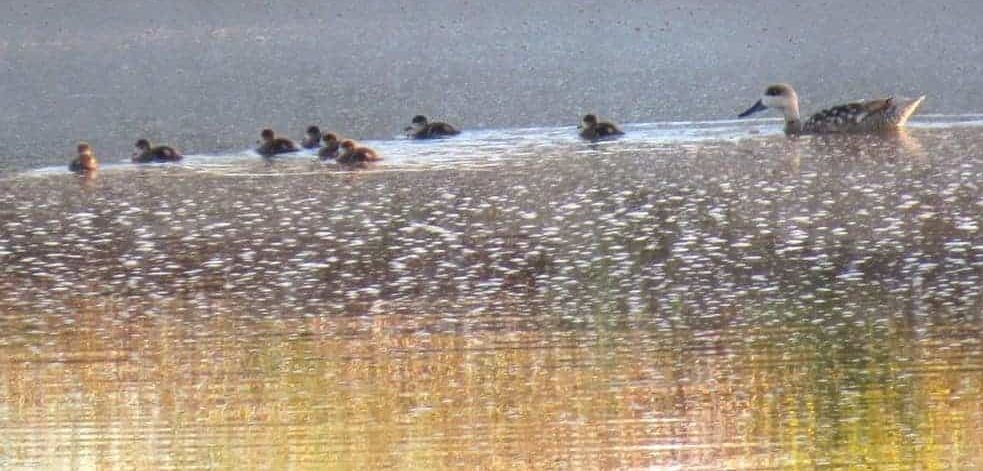
It is nice to have good news for a change. It seems the numbers of Marbled Ducks breeding in Spain are rising after a decade of serious decline. Read the full report from BirdGuides here.
Pal-Mates — weekend web tip
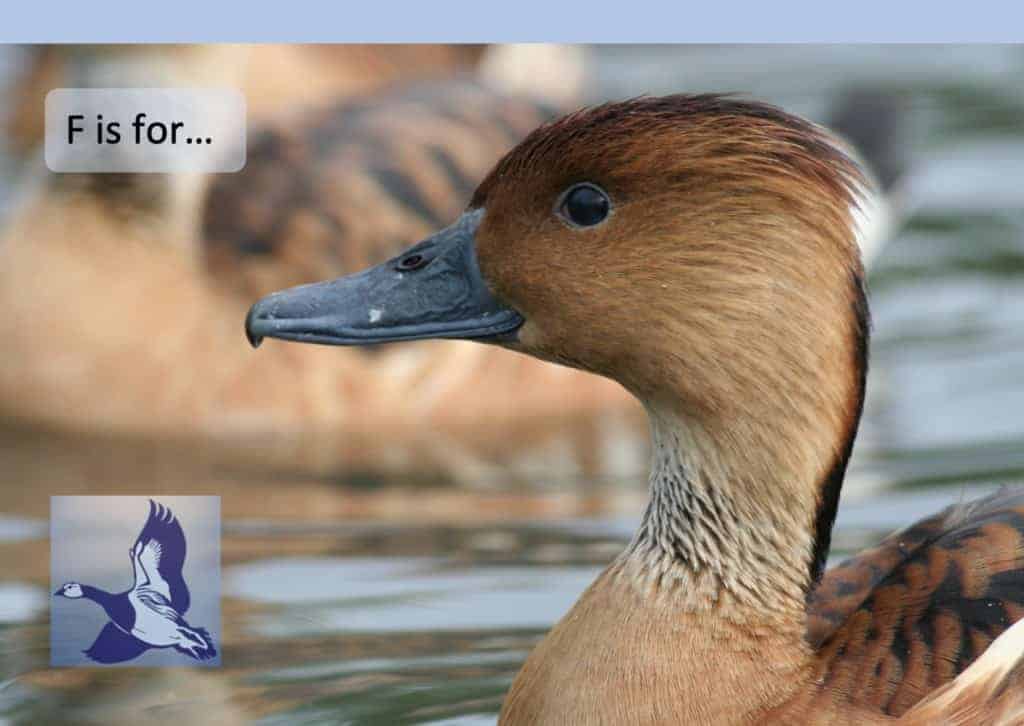
If you are captivated by whistling ducks, which species should you choose for a new collection? Something readily available, calm and easy on the eye should fit the bill. The Fulvous (Dendrocyna bicolour) is by far the most widespread of all the whistling ducks. Despite its wide wild distribution (North and South America, Africa […]
Pal-Mates weekend web tip
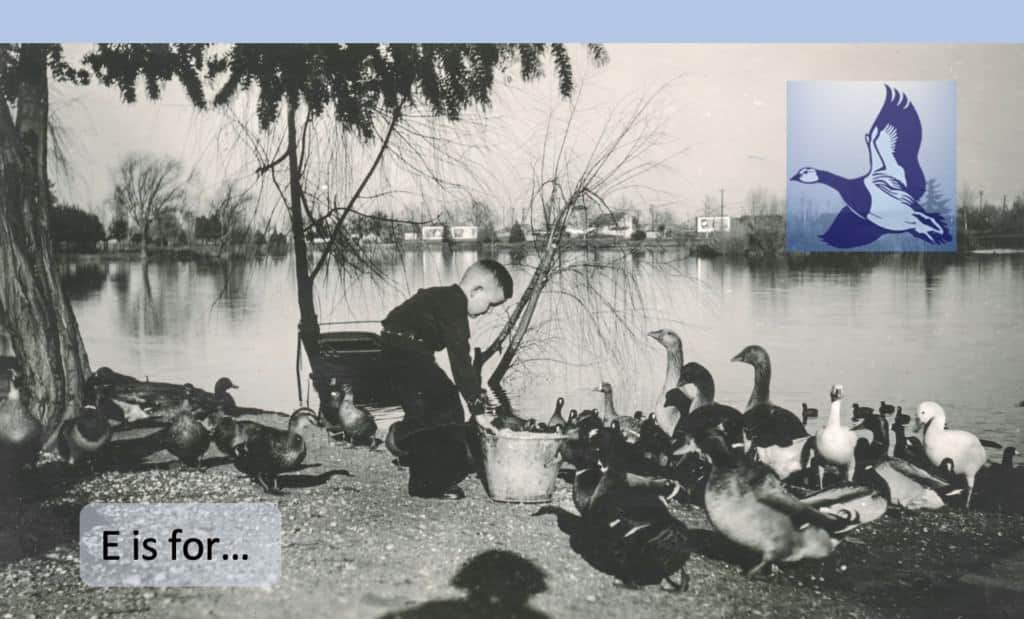
Eating. The appetite of our birds is one of the indications of their health. They naturally increase their intake when the weather is cold, but do you routinely monitor how much they’re eating all the time? Getting it just right is part of good stockmanship. Food left uneaten may compromise basic hygiene and attract vermin, […]
Pal-Mates weekend web tip
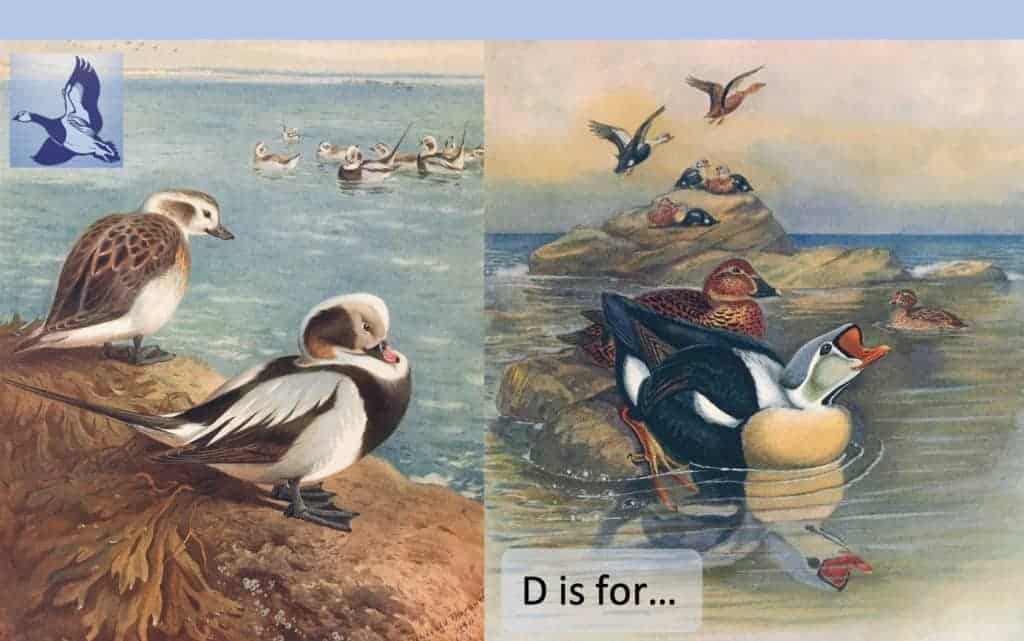
Planning a new pond? When it comes to water, quantity is important but quality is vital. Dabbling ducks spend most of their time on the surface, but many others naturally wish to dive. They will appreciate deeper water to express their natural behaviour. Don’t forget to plan in a method of emptying the pond. At some […]
Stop the Spread
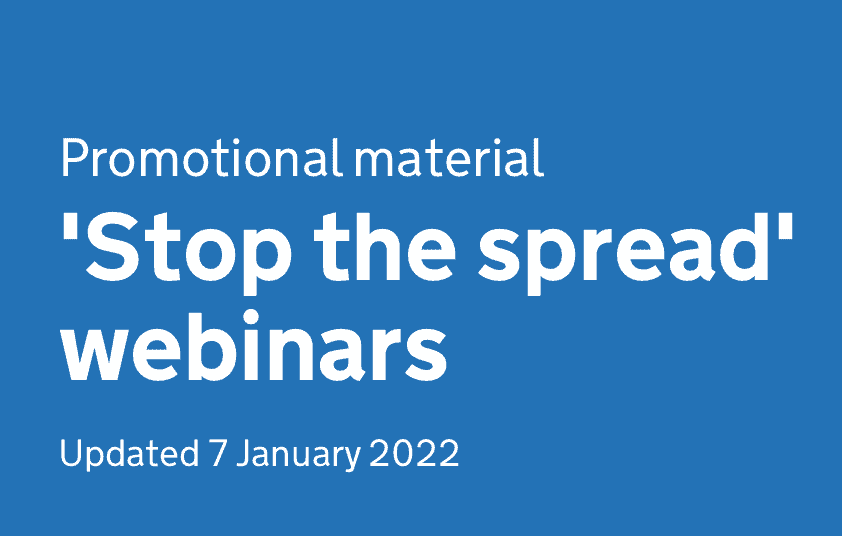
Due to the current avian influenza (bird flu) outbreak, maintaining effective biosecurity has never been more critical. Find out what you can do to keep your birds free of the disease by registering for one of Defra’s ‘stop the spread’ webinars. Leading Defra epidemiologists and veterinary professionals will host these live events. They’ll cover: the […]
Weekend Webbies — Just One thing
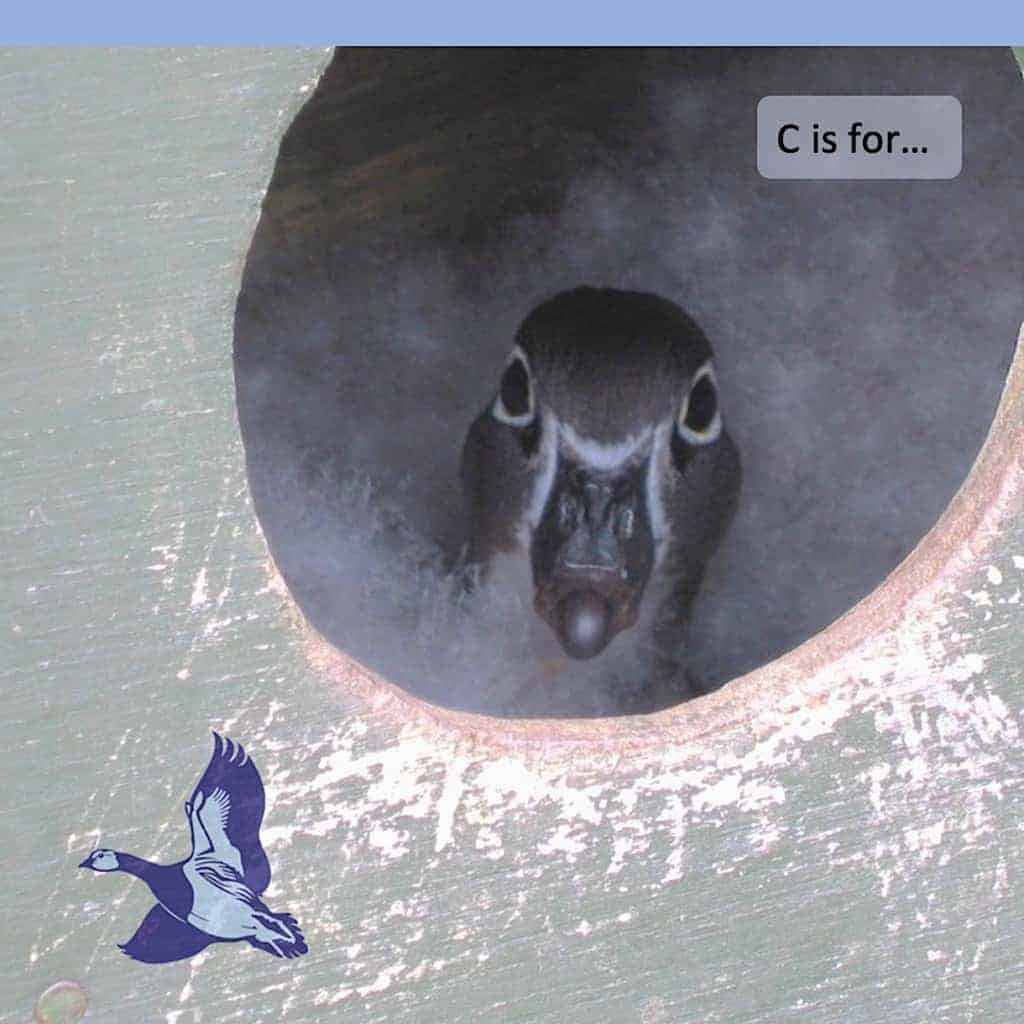
Cavity nesters are not too interested in your fancy woodwork, but the size of the entrance hole is really important to them. Waterfowl seem to prefer an entrance that is just big enough. Some birds will inspect several houses before deciding on their preferred nest. You may wish to give the birds a few to […]
Are you secure?
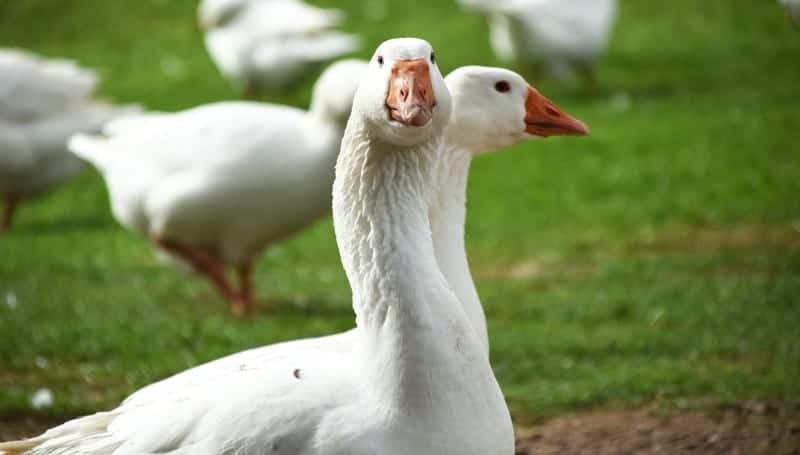
Do you know the signs of #BirdFlu? See APHA’s list of signs here: https://www.gov.uk/guidance/avian-influenza-bird-flu… Contact your vet immediately if you suspect #AvianInfluenza. It is a legal requirement to report it to APHA if you are in England, Wales or Scotland. Unfortunately, as of 29th December 2021, there are now 65 confirmed cases of Avian Influenza […]


